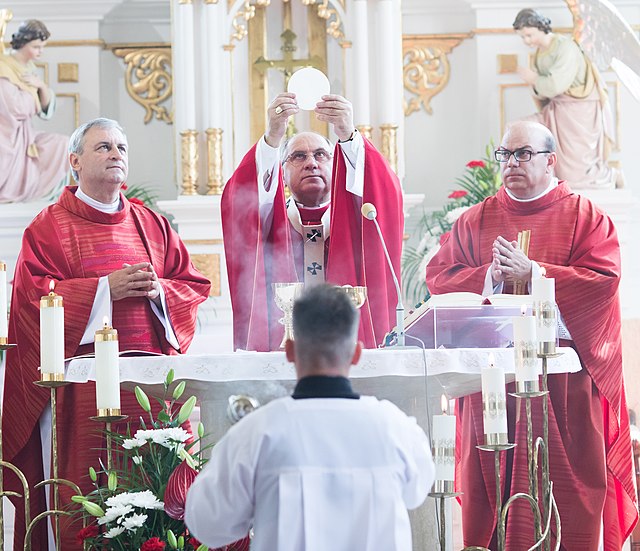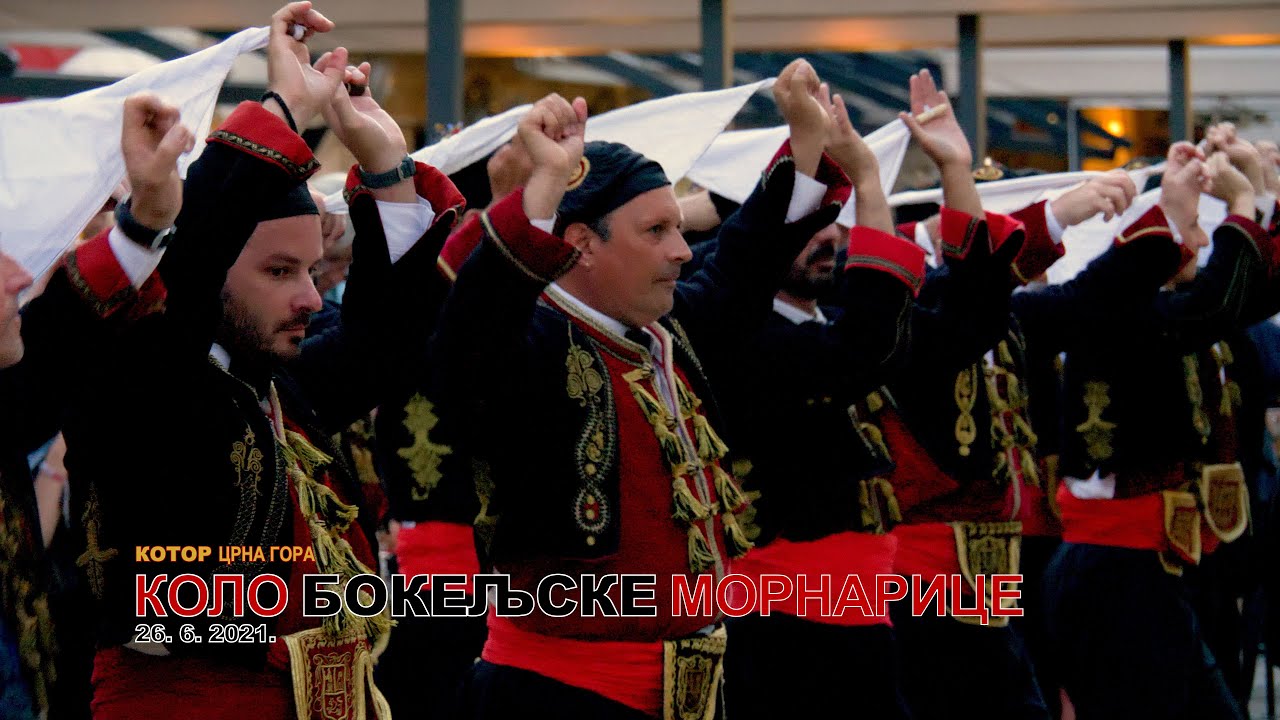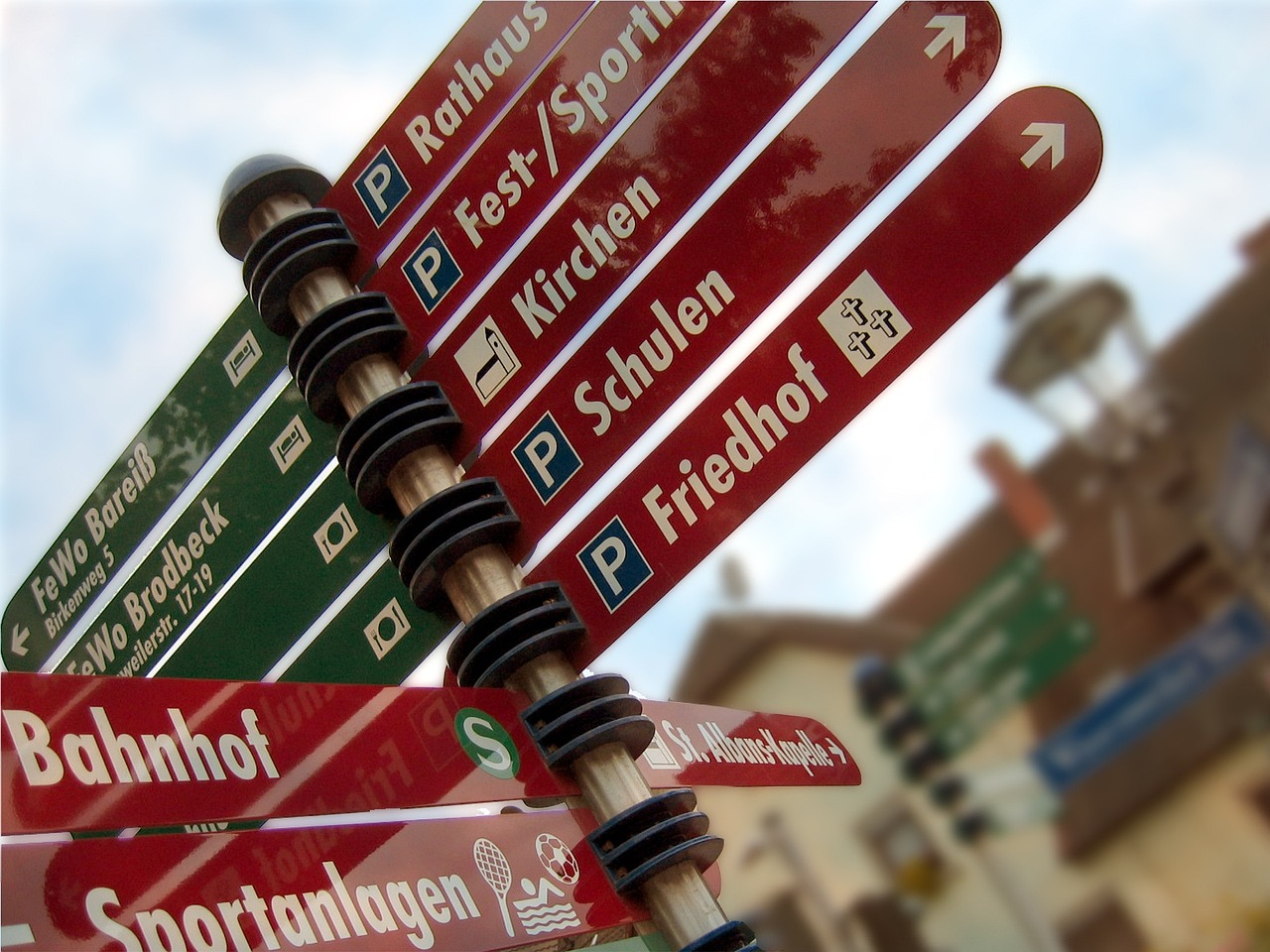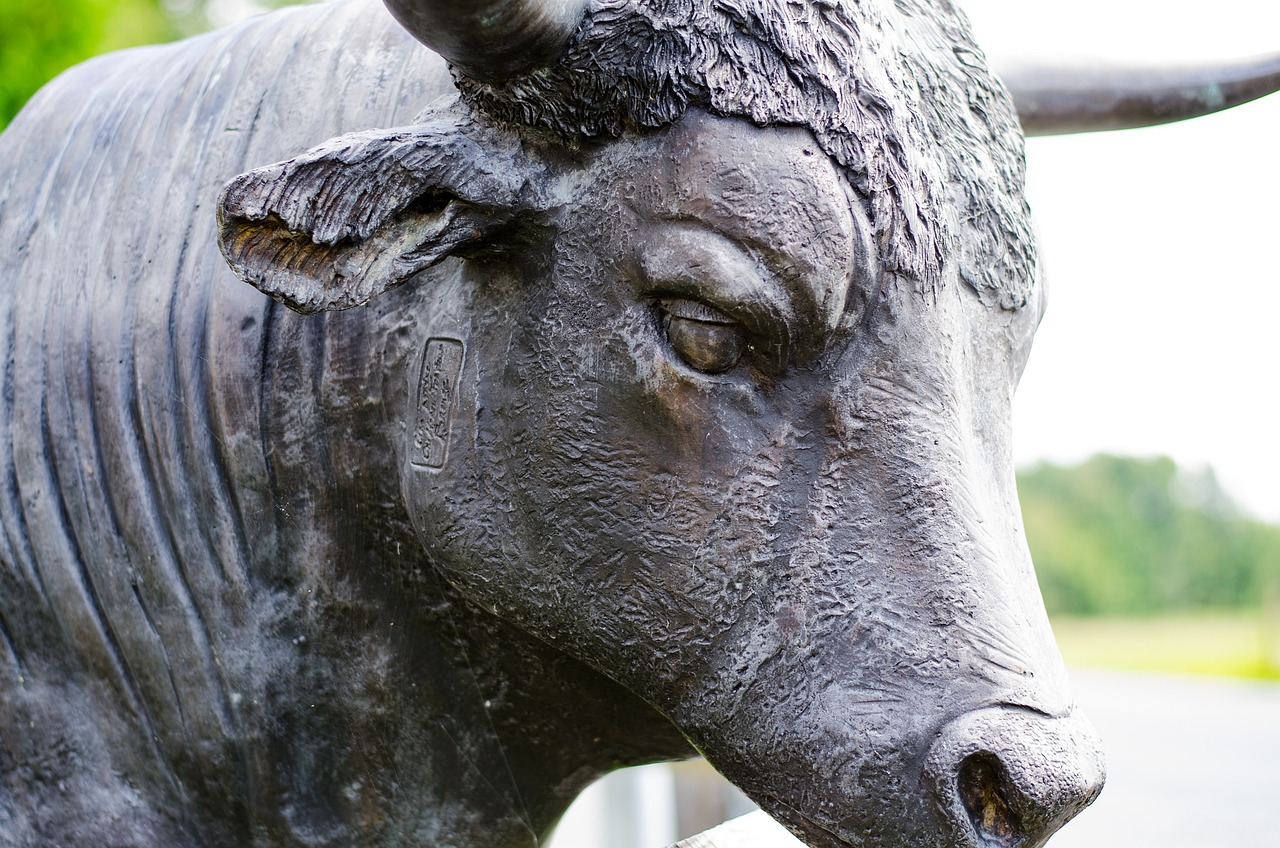Introduction
Sports are not merely games; they are powerful conduits of culture, connecting people across time and place through shared traditions, rituals, and celebrations. From ancient civilizations to modern societies, sports have played a pivotal role in shaping cultural identities and fostering a sense of unity. In this article, we delve into the rich tapestry of the cultural significance of sports, exploring the traditions that bind communities, the rituals that symbolize values, and the celebrations that ignite collective spirit.
Sports are not merely games; they are powerful conduits of culture, connecting people across time and place through shared traditions, rituals, and celebrations. From ancient civilizations to modern societies, sports have played a pivotal role in shaping cultural identities and fostering a sense of unity. In this article, we delve into the rich tapestry of the cultural significance of sports, exploring the traditions that bind communities, the rituals that symbolize values, and the celebrations that ignite collective spirit.
Traditions That Bind Communities:
Sports have a remarkable ability to forge bonds between individuals and entire communities. The shared experience of supporting a local team or participating in a traditional game creates a sense of belonging that transcends generations. For example, in many parts of the world, sports like football (soccer), baseball, or cricket have become inseparable from the local culture. They serve as rallying points for communities to come together, showcasing unity in diversity.
Rituals That Symbolize Values:
In sports, rituals abound, serving as symbolic expressions of values and principles. These rituals often encapsulate the essence of a culture, reflecting its core beliefs and ideals. For instance, the pre-game rituals of American football, the haka performed by New Zealand’s All Blacks rugby team, or the lighting of the Olympic torch all carry profound cultural significance. These rituals serve as a bridge between the past and the present, preserving and transmitting cultural values from one generation to the next.
Celebrations That Ignite Collective Spirit:
Sports events are not just about the games themselves; they are grand celebrations of human achievement, passion, and unity. From the Olympic Games to the World Cup, these global gatherings bring people from diverse backgrounds together to celebrate athleticism and shared human experiences. They provide a platform for nations to showcase their cultures, values, and identities on the world stage, fostering a sense of global camaraderie.
Cultural Fusion Through Sports:
Sports have a unique ability to transcend borders and facilitate cultural exchange. When athletes from different countries compete, they bring their cultural backgrounds with them. This cultural fusion leads to the exchange of traditions, culinary experiences, and worldviews. For instance, international sporting events like the Tour de France or the FIFA World Cup often introduce people to the customs and cuisines of host nations, promoting cross-cultural understanding and appreciation.
Preserving Indigenous Traditions:
In many parts of the world, indigenous sports and games hold deep cultural significance. These activities are not just forms of entertainment but important aspects of heritage and identity. Efforts to preserve and promote indigenous sports play a vital role in safeguarding cultural diversity and ensuring that these traditions are passed down to future generations.
Conclusion:
The cultural significance of sports is an integral part of the human experience. Beyond the thrill of competition, sports serve as living embodiments of our shared history, values, and aspirations. They are bridges that connect people, preserving traditions, symbolizing beliefs, and uniting communities in celebration. In exploring the cultural tapestry of sports, we gain a deeper appreciation for the role they play in shaping our world and our understanding of one another. Sports are, indeed, a universal language that transcends boundaries and speaks to the essence of our shared humanity.
To expand your knowledge on this subject, make sure to read on at this location: Culture and Sport – Manual for Human Rights Education with Young …
Sports traditions are threads woven into the fabric of cultural heritage. They reflect the values, beliefs, and historical narratives of a society. Take, for example, the revered sport of sumo wrestling in Japan, steeped in centuries of tradition. Sumo’s rituals, from the precise ring-entering ceremony to the Shinto-inspired purification rites, embody Japan’s cultural reverence for discipline, honor, and ritualistic beauty.
nullExplore this link for a more extensive examination of the topic: An Old Ritual Goes Black Tie – The New York Times

Rituals in sports transcend mere performance; they are symbolic expressions of identity. In American football, the pre-game tradition of players touching the “Lucky Rock” at Notre Dame Stadium is an act of homage to tradition and a connection to generations of athletes who came before. These rituals imbue players and fans with a profound sense of belonging and shared purpose.
Rituals in sports go beyond the realm of performance; they serve as powerful symbolic expressions of identity, forging deep connections between athletes, teams, and their fans. One poignant example of this can be found in American football, where time-honored traditions and rituals play a central role in the sport’s culture.
Consider the pre-game tradition at Notre Dame Stadium, where players touch the “Lucky Rock.” This simple yet profound act is not just a superstition; it’s a symbol of reverence for tradition and a poignant link to the generations of athletes who have graced the hallowed grounds before them. By touching the “Lucky Rock,” players pay homage to the legacy of excellence that Notre Dame football represents. It’s a way of connecting with the past, acknowledging the sacrifices and achievements of those who came before, and accepting the responsibility to uphold the program’s storied history.
These rituals extend far beyond the players themselves. They resonate deeply with fans, alumni, and the broader community. When fans witness players participating in these rituals, it reaffirms their own sense of belonging to a larger, enduring narrative. They become part of something greater than themselves, a shared legacy that transcends generations. This sense of belonging and shared purpose creates a profound bond among fans, who see themselves as custodians of the team’s traditions and history.
Rituals in sports also foster a sense of continuity and stability in a world where change is constant. In an era of player transfers, coaching changes, and evolving team dynamics, these rituals serve as anchors, reminding everyone involved of the timeless values and principles that underpin the sport.
Moreover, rituals often bring a sense of comfort and familiarity to athletes. They provide a routine and structure that can be grounding amidst the chaos of competition. This, in turn, can enhance an athlete’s performance by instilling a sense of calm and focus before a game.
In conclusion, rituals in sports are more than mere customs; they are vital expressions of identity and tradition. They unite players, fans, and communities, fostering a profound sense of belonging and shared purpose. These rituals serve as a bridge between the past, the present, and the future, and they imbue sports with a depth and meaning that goes far beyond the playing field.
To expand your knowledge on this subject, make sure to read on at this location: Rituals and Embodied Cultural Practices at the Beginning of Life …

Sports celebrations are moments of collective joy, transcending boundaries of age, race, and nationality. The FIFA World Cup, for instance, brings the world together in a month-long celebration of soccer. Fans from diverse backgrounds unite to celebrate the beautiful game, creating a global tapestry of shared experiences, emotions, and, ultimately, unity.
Sports celebrations serve as powerful catalysts for unity, exemplifying the extraordinary ability of athletic events to bridge divides and foster connections among people from all walks of life. Beyond being mere moments of collective joy, these celebrations often hold the potential to reshape perceptions, inspire social change, and leave a lasting legacy of unity and understanding.
Cultural Exchange: Major sports events like the FIFA World Cup are not just about the competition on the field; they are also platforms for cultural exchange. Fans from different corners of the globe converge, bringing with them their unique traditions, music, food, and languages. This vibrant cultural mosaic enriches the overall experience, leading to a deeper appreciation of global diversity.
Breaking Down Stereotypes: Sports celebrations can challenge stereotypes and break down preconceived notions. When people from diverse backgrounds come together to support a common cause, they confront their biases and discover shared humanity. This can lead to a greater understanding and acceptance of others, both on and off the field.
Diplomacy Through Sports: International sports events often serve as a form of diplomacy. Athletes and fans from countries with political or social tensions can find common ground in their love for the sport. Sporting competitions can facilitate dialogue and create opportunities for diplomacy, offering a peaceful outlet for expressing national pride and resolving differences.
Inspiration for Future Generations: Sports celebrations become a source of inspiration for future generations. Young fans, witnessing the unity and camaraderie on display, are encouraged to embrace diversity and work towards a more inclusive world. Athletes, especially those who use their platform for social change, become role models who promote values of tolerance and understanding.
Global Solidarity: In moments of crisis, sports celebrations can serve as a beacon of hope and global solidarity. When the world faces challenges such as pandemics or natural disasters, the collective spirit of sports can rally people together, mobilizing resources and support for those in need. Athletes and sports organizations often play a significant role in philanthropic efforts during such times.
Legacy of Unity: The impact of sports celebrations doesn’t end when the final whistle blows or the last medal is awarded. They leave a legacy of unity and camaraderie that lingers in the memories of fans. These moments remind us that, regardless of our differences, we are all part of a global community with shared passions and dreams.
In conclusion, sports celebrations are not confined to stadiums or arenas; they transcend borders, languages, and cultures to create a tapestry of unity. They are potent reminders of the incredible potential of sports to bring people together, break down barriers, and inspire positive change. As we celebrate these moments, we recognize that they represent not just the pinnacle of athletic achievement but also the zenith of human connection and understanding.
Should you desire more in-depth information, it’s available for your perusal on this page: Culture and Sport – Manual for Human Rights Education with Young …

Sports serve as powerful symbols of cultural identity and representation. The Maasai people of East Africa, for example, are known for their traditional jumping dance, which has become a symbol of their warrior spirit. This dance is often performed at events and celebrations, preserving their cultural heritage and fostering a sense of pride.
“Sports serve as powerful symbols of cultural identity and representation. The Maasai people of East Africa, for example, are known for their traditional jumping dance, which has become a symbol of their warrior spirit. This dance is often performed at events and celebrations, preserving their cultural heritage and fostering a sense of pride.”
Expanding on the significance of sports in preserving and expressing cultural identity:
Cultural Preservation: Sports and traditional activities like the Maasai jumping dance play a pivotal role in preserving cultural heritage. These practices are passed down through generations, ensuring that customs, values, and rituals are not forgotten. They serve as living expressions of a community’s history and traditions.
Passing Down Knowledge: Many cultural sports involve specific skills, techniques, or knowledge that are essential for survival or hold deep cultural significance. Through participation in these activities, younger generations learn valuable lessons and gain a deeper understanding of their cultural roots.
Fostering Unity and Identity: Cultural sports often bring communities together, fostering a sense of unity and shared identity. They provide a platform for people to connect, bond, and celebrate their heritage. In the case of the Maasai jumping dance, it symbolizes the collective strength and resilience of their warrior culture.
Storytelling Through Movement: Sports and traditional dances are a form of storytelling through movement. They convey narratives, myths, and legends that are central to a culture’s identity. The Maasai jumping dance, for instance, tells stories of bravery, endurance, and triumph over adversity.
Global Recognition: Some cultural sports gain international recognition and become symbols of entire nations or regions. For instance, martial arts like Karate and Taekwondo are not only sports but also symbols of Japanese and Korean culture, respectively. These practices have transcended borders and introduced the world to aspects of these cultures.
Educational Value: Cultural sports offer educational opportunities, both for members of the culture and outsiders interested in learning about different traditions. Schools and cultural centers often incorporate these activities into their curriculum to promote cross-cultural understanding.
Cultural Diplomacy: Cultural sports can serve as tools of diplomacy and cultural exchange. International sporting events, like the Olympics, bring together athletes from diverse backgrounds and allow countries to showcase their cultural heritage. This fosters global appreciation and respect for cultural diversity.
Economic Opportunities: Cultural sports and related activities can also create economic opportunities. Tourism, for instance, often revolves around cultural performances and events, providing income and employment for local communities.
Adaptation and Evolution: While cultural sports have deep roots, they can also evolve and adapt to modern times. New interpretations and innovations in traditional practices ensure their relevance to contemporary audiences while preserving their core essence.
In summary, sports are not just games but living expressions of cultural identity and representation. They carry the history, values, and stories of a community, uniting people and fostering pride in their heritage. These cultural practices are a testament to the enduring power of tradition in an ever-changing world.
Additionally, you can find further information on this topic by visiting this page: Browse the Lists of Intangible Cultural Heritage and the Register of …

Sporting festivals and carnivals are vibrant expressions of culture. The Rio Carnival in Brazil, for instance, showcases samba dance, music, and elaborate costumes, all of which are deeply intertwined with Brazilian culture. Sports like capoeira and beach volleyball also find their roots in Brazilian traditions, providing a lively backdrop to the festivities.
nullTo expand your knowledge on this subject, make sure to read on at this location: Progress and prospects for event tourism research – ScienceDirect

Sports have the power to bridge divides and foster diplomacy. The Ping Pong Diplomacy between the United States and China in the 1970s, for instance, helped ease tensions and open up diplomatic channels between the two nations. Through sports, countries engage in peaceful competition, transcending political differences and promoting understanding.
The role of sports as a potent tool for diplomacy and fostering international relations is undeniable, and it continues to exemplify how common ground can be found even in the most politically charged environments. The historic Ping Pong Diplomacy between the United States and China in the 1970s stands as an enduring testament to the unifying power of sports. Beyond this pivotal event, numerous other examples showcase the ability of sports to transcend political divides and promote global understanding.
People-to-People Connections: Sports create opportunities for people from different nations to interact on a personal level. Athletes, fans, and even casual observers can engage in conversations and form friendships that extend beyond the arena. These personal connections foster a sense of camaraderie and empathy, allowing individuals to see each other as fellow humans rather than adversaries.
Cultural Exchange: Sporting events often involve cultural exchanges that go beyond the competition itself. From the opening ceremonies of the Olympic Games to the exchange of national anthems, flags, and traditions, sports provide a platform for countries to showcase their unique identities and traditions. This exposure promotes cross-cultural understanding and appreciation.
Conflict Resolution: Sports can serve as a peaceful alternative to political conflicts and disputes. In times of tension, diplomatic discussions may stall, but athletic competitions can continue. Such events provide a channel for countries to express themselves and potentially work toward conflict resolution through dialogue and cooperation.
Public Diplomacy: Sporting events attract significant media coverage and public attention. This spotlight provides governments with a valuable platform for conveying messages of peace, cooperation, and diplomacy to both domestic and international audiences. Leaders often use sporting events as opportunities to highlight their commitment to diplomacy and international cooperation.
Soft Power: Sports represent a form of “soft power” for nations. The success of a country’s athletes on the global stage can enhance its reputation and influence. This soft power can, in turn, be used to further diplomatic goals, such as negotiating trade agreements or promoting humanitarian initiatives.
Peaceful Competition: In the world of sports, competition is inherently nonviolent. Rivalries and disputes are settled on the field of play rather than through armed conflict. This peaceful form of competition underscores the idea that disputes can be resolved through skill, strategy, and teamwork, rather than aggression.
Diplomatic Initiatives: Governments often use sports as a diplomatic tool, arranging friendly matches, tournaments, and exchanges as a means of building and strengthening relationships with other nations. These initiatives not only promote diplomacy but also enhance cultural ties and commercial opportunities.
Shared Goals and Values: Athletes and sports enthusiasts share a common passion for their respective sports, regardless of their nationality or political beliefs. This shared dedication to the same goals and values creates a sense of unity that transcends political differences.
In conclusion, the ability of sports to bridge divides and foster diplomacy is a testament to the universal appeal and power of athletic competition. Whether through historic events like Ping Pong Diplomacy or ongoing international sporting competitions, sports serve as a unifying force that brings nations together, encourages dialogue, and promotes peaceful coexistence on the global stage.
If you’d like to dive deeper into this subject, there’s more to discover on this page: Culture and Sport – Manual for Human Rights Education with Young …

Conclusion
The cultural significance of sports is a testament to their enduring power as more than just games. They are living embodiments of cultural heritage, symbols of identity, and platforms for unity and diplomacy. Through traditions, rituals, and celebrations, sports connect people across the globe, enriching the human experience and fostering a deep appreciation for the diverse tapestry of cultures that make up our world. As we celebrate the victories, mourn the defeats, and cherish the moments of sporting excellence, we also celebrate the shared humanity that unites us all.
The cultural significance of sports is a testament to their enduring power as more than just games. They are living embodiments of cultural heritage, symbols of identity, and platforms for unity and diplomacy. Through traditions, rituals, and celebrations, sports connect people across the globe, enriching the human experience and fostering a deep appreciation for the diverse tapestry of cultures that make up our world. As we celebrate the victories, mourn the defeats, and cherish the moments of sporting excellence, we also celebrate the shared humanity that unites us all.
Cultural Preservation: Sports often serve as a means to preserve cultural traditions and values. Many indigenous games, for example, have been passed down through generations, carrying with them the history, beliefs, and practices of specific communities. These games are not only a source of pride but also a vital tool for cultural preservation.
Identity and Pride: Sporting events give individuals and communities a sense of identity and pride. Whether it’s supporting a local soccer team, cheering for a national athlete at the Olympics, or participating in traditional games, sports offer a tangible way for people to connect with their cultural roots and express their identity.
Diplomacy and Peace: Sports have the unique ability to bridge political and cultural divides. International competitions like the Olympics and the FIFA World Cup bring nations together, often fostering diplomacy and peaceful interactions between countries that may have strained relations. These events provide a forum for dialogue and collaboration, transcending political differences.
Education and Values: Sports teach important values such as teamwork, perseverance, and respect for rules. Cultural values are embedded in the rules and ethics of many sports, providing valuable lessons for individuals and society as a whole.
Economic and Social Impact: Major sporting events can have a profound economic and social impact on host cities and nations. They create jobs, boost tourism, and stimulate local economies. Beyond economic benefits, they often leave a lasting legacy in the form of improved infrastructure, facilities, and urban development.
Social Cohesion: Sports have the power to bring people from diverse backgrounds together. Whether it’s a neighborhood basketball game or a global sporting event, they foster social cohesion by breaking down barriers and creating a sense of belonging and unity.
Cross-Cultural Exchange: International sporting events provide a platform for cultural exchange. Athletes and fans from different countries come together to share their traditions, cuisine, and perspectives. This cross-cultural exchange promotes mutual understanding and appreciation.
Inspiration and Role Models: Sporting heroes often serve as role models who inspire others to achieve greatness, not only in sports but also in life. Their stories of dedication, resilience, and triumph over adversity motivate individuals to pursue their dreams and overcome obstacles.
Global Solidarity: During moments of crisis or tragedy, sports can serve as a source of global solidarity. Athletes and fans alike rally around causes, using their platforms and resources to support those in need, demonstrating the power of compassion and empathy.
Legacy for Future Generations: The cultural significance of sports is a legacy that we pass on to future generations. Through stories, memorabilia, and the enduring passion for sports, we ensure that the values and traditions associated with sports continue to shape our cultural identity and enrich our shared human experience.
In essence, sports are more than just games; they are a reflection of our collective humanity and the myriad ways in which culture, identity, and unity intersect. They remind us that, regardless of our differences, we share a common love for competition, teamwork, and the celebration of human achievement. In celebrating sports, we celebrate the timeless bonds that connect us as a global community.
Should you desire more in-depth information, it’s available for your perusal on this page: Panama – Culture, Traditions, Festivals | Britannica
More links
To delve further into this matter, we encourage you to check out the additional resources provided here: Tailgating: How the Pre-Game Tradition Can Be Traced to Ancient …
